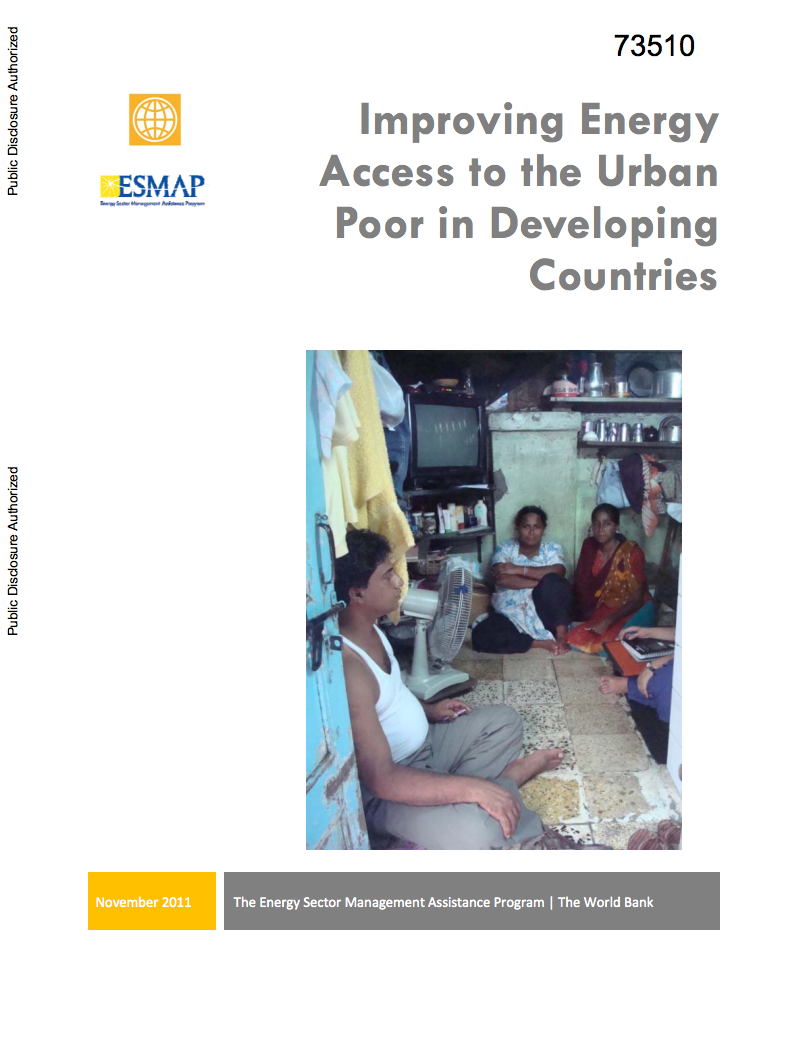The World Bank is a vital source of financial and technical assistance to developing countries around the world. We are not a bank in the ordinary sense but a unique partnership to reduce poverty and support development. The World Bank Group has two ambitious goals: End extreme poverty within a generation and boost shared prosperity.
- To end extreme poverty, the Bank's goal is to decrease the percentage of people living on less than $1.25 a day to no more than 3% by 2030.
- To promote shared prosperity, the goal is to promote income growth of the bottom 40% of the population in each country.
The World Bank Group comprises five institutions managed by their member countries.
The World Bank Group and Land: Working to protect the rights of existing land users and to help secure benefits for smallholder farmers
The World Bank (IBRD and IDA) interacts primarily with governments to increase agricultural productivity, strengthen land tenure policies and improve land governance. More than 90% of the World Bank’s agriculture portfolio focuses on the productivity and access to markets by small holder farmers. Ten percent of our projects focus on the governance of land tenure.
Similarly, investments by the International Finance Corporation (IFC), the World Bank Group’s private sector arm, including those in larger scale enterprises, overwhelmingly support smallholder farmers through improved access to finance, inputs and markets, and as direct suppliers. IFC invests in environmentally and socially sustainable private enterprises in all parts of the value chain (inputs such as irrigation and fertilizers, primary production, processing, transport and storage, traders, and risk management facilities including weather/crop insurance, warehouse financing, etc
For more information, visit the World Bank Group and land and food security (https://www.worldbank.org/en/topic/agriculture/brief/land-and-food-security1
Resources
Displaying 1901 - 1905 of 4907Resilience to Climate Change-Induced Challenges in the Mekong River Basin : The Role of the MRC
Climate change and its consequences,
ranging from increased water variability to more extreme
weather events and from sea level rise to ecosystem changes,
introduce new challenges to transboundary watercourses,
which already face a variety of collective action problems
due to their border-crossing nature. Other changes occurring
in river basins, such as changing water-use patterns,
development of large infrastructure schemes, and changing
Metropolitan Transportation Institutions : Six Case Studies - Australia, Brazil, Canada, France, Germany, and the United States
Transportation has always played a
fundamental role in the formation of cities. Ports evolved
where rivers flowed into the ocean or at the confluence of
major rivers; sleepy outposts at the junction of major roads
became bustling trading hubs. Although this relationship
between transportation and development has been evident
since the creation of the earliest urban societies, all
previous conceptions of the city were made obsolete by the
China : Improving Energy Efficiency in Public Institutions
The next several years are critical for
achieving lasting results in China's relatively new
energy efficiency program for public institutions. Public
institutions in China are defined as those government
agencies, public service units, and organizations that
either fully or partially receive government budget funds.
In the study team's opinion, key challenges for
China's public institution energy conservation program
Energy Access and Productive Uses for the Urban Poor : Final Report on Ghana Scoping Study
The aim of the scoping study was to gain
an understanding of the productive activities slum dwellers
engage in that rely on energy services and the potentials
and challenges of slums in Ghana regarding access to modern
energy services and income generation from productive
activities. The objective of the ESMED-EAfUP (Energy Sector
Management Assistance Program - ESMAP/SME Development -
Energy Access for the Urban Poor) programme is 'to
Improving Energy Access to the Urban Poor in Developing Countries
The case studies documented in this
report aim to inform the energy access community (including
practitioners, civil society groups, project planners, end
users) about best practices of successful energy access
initiatives targeted at slum dwellers. Eight case studies
focusing on electrification and household energy were
selected from India, Bangladesh, Colombia and Brazil, all
countries that have had varying success in providing access







